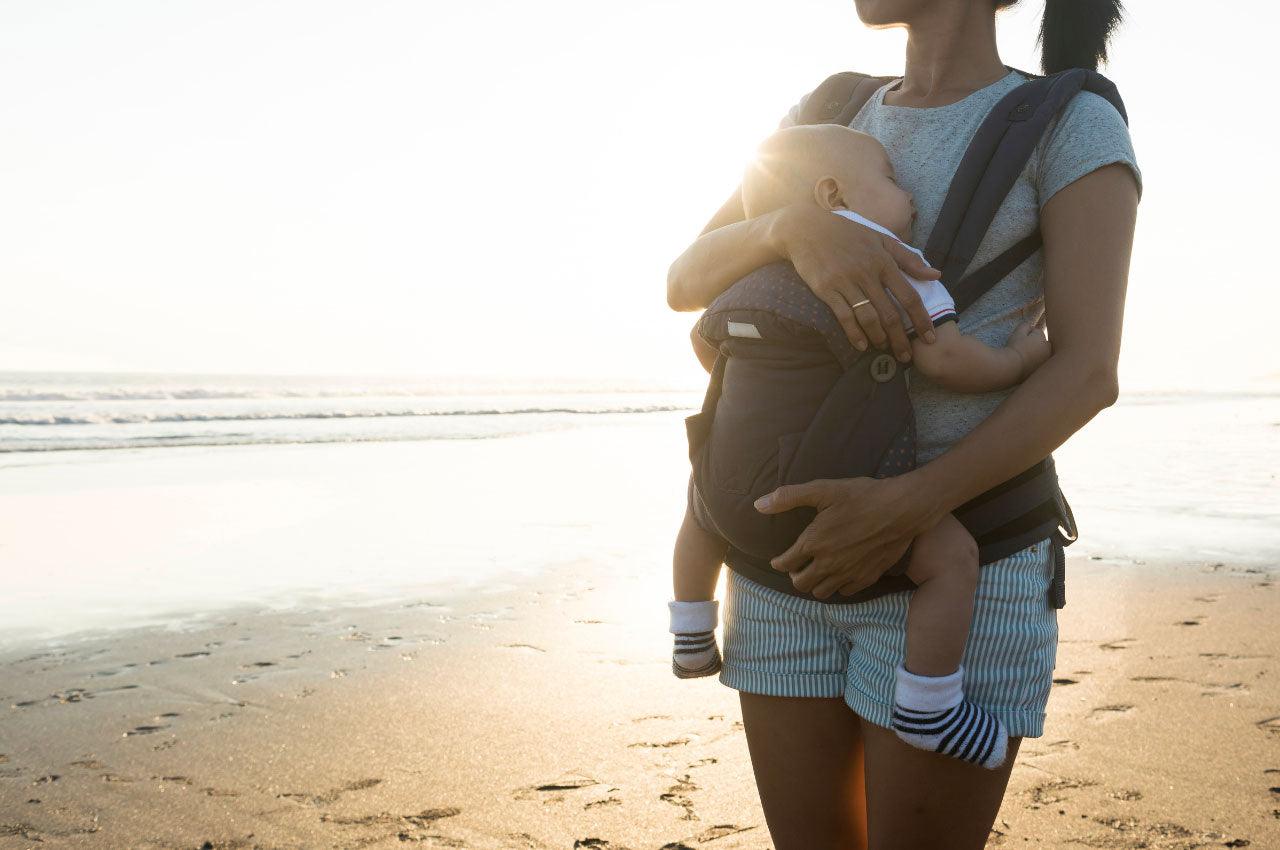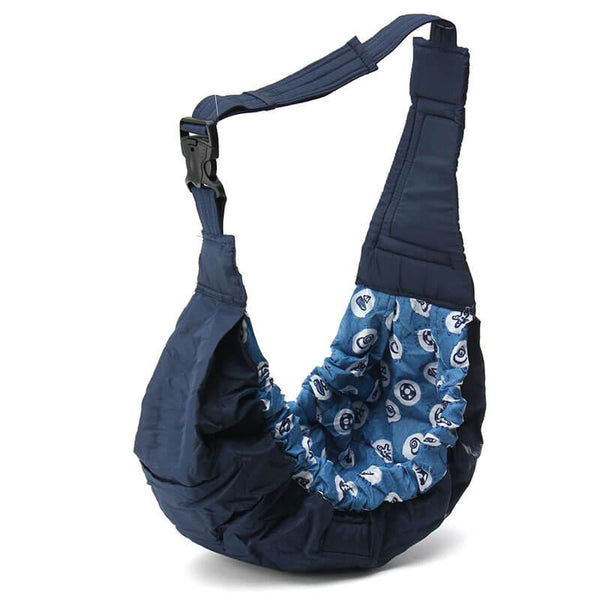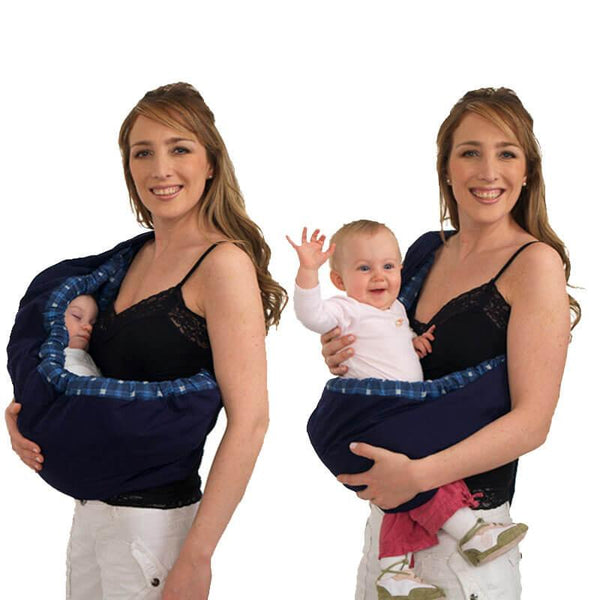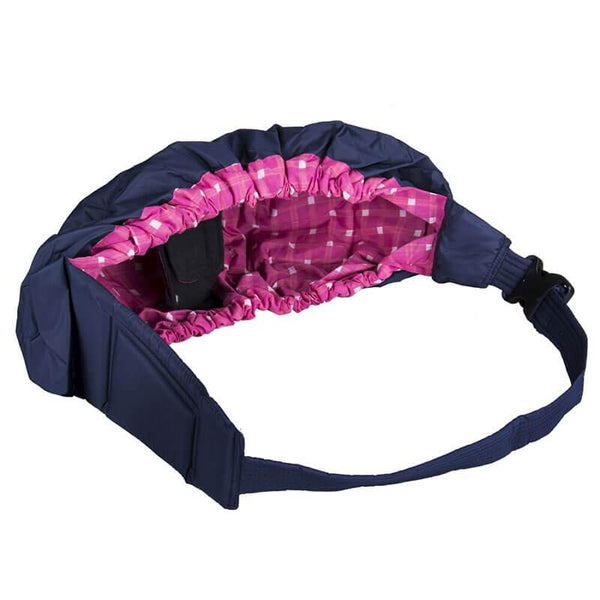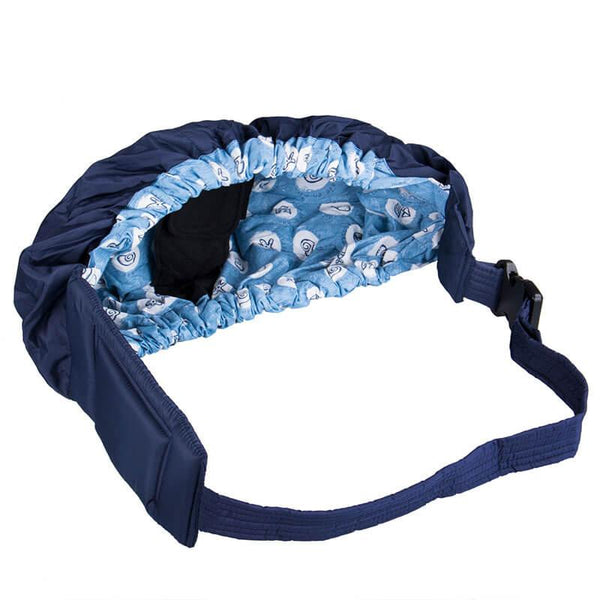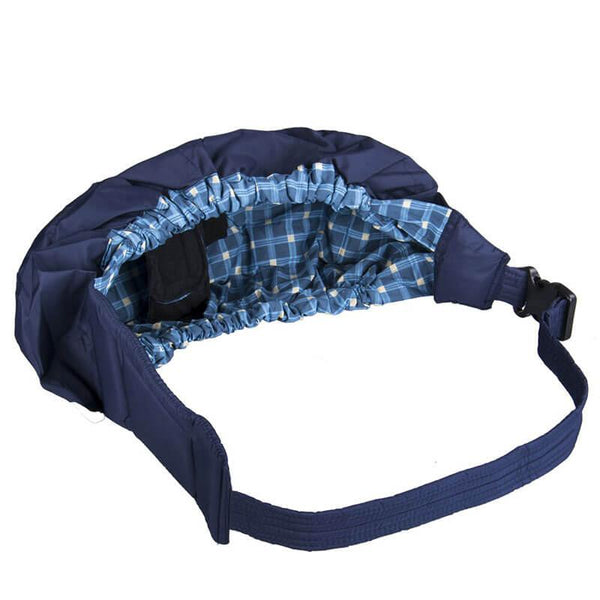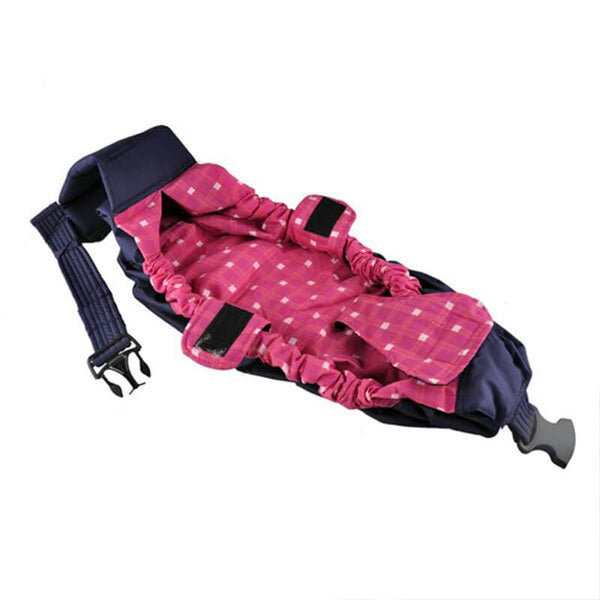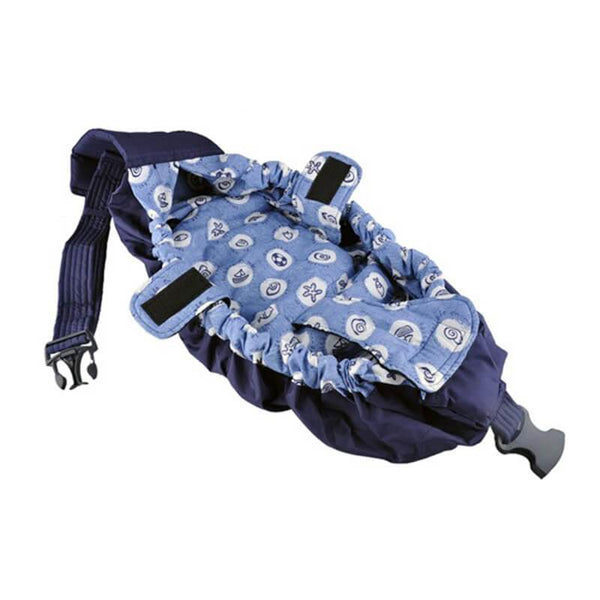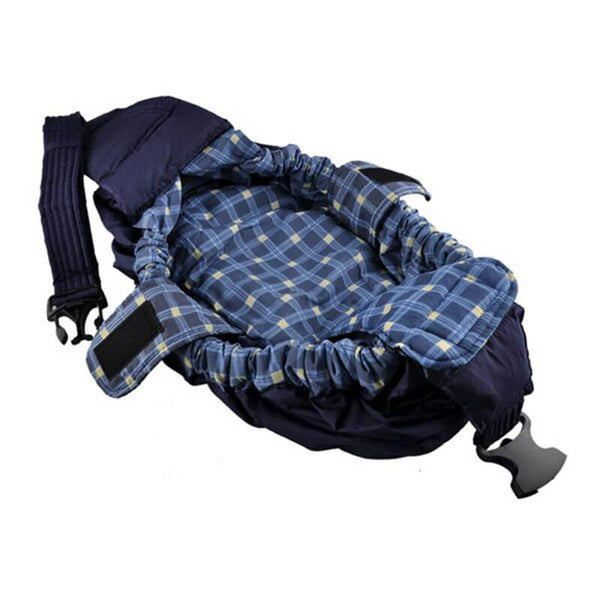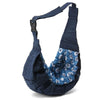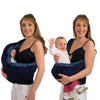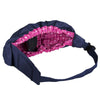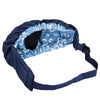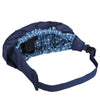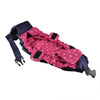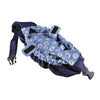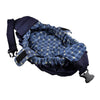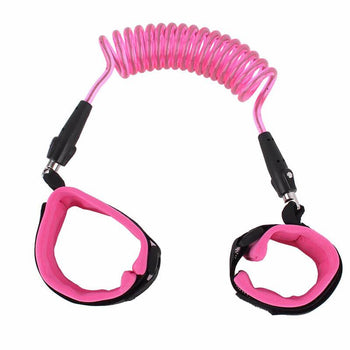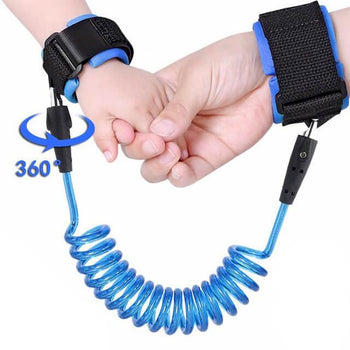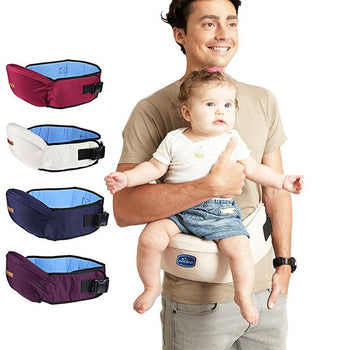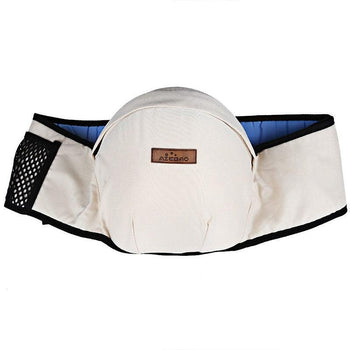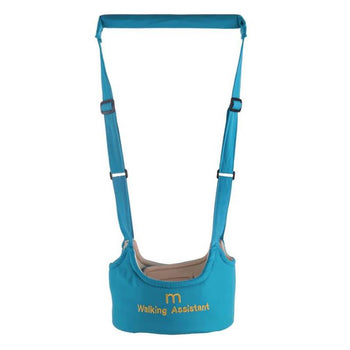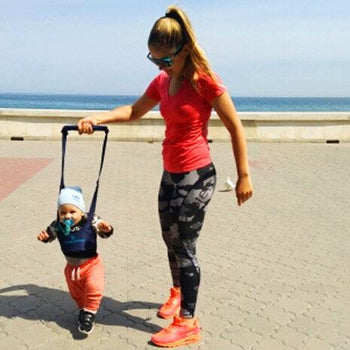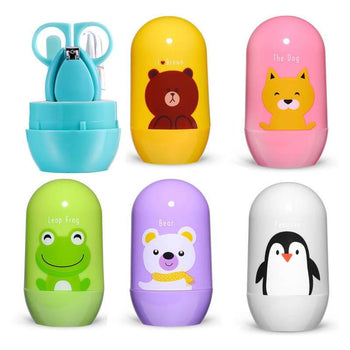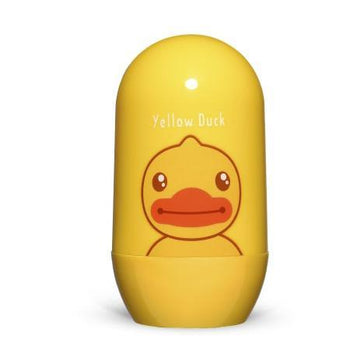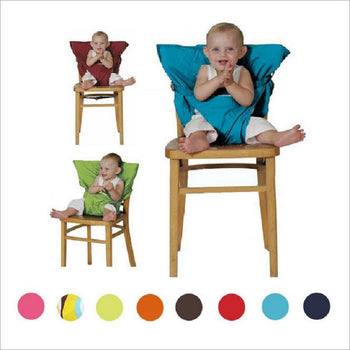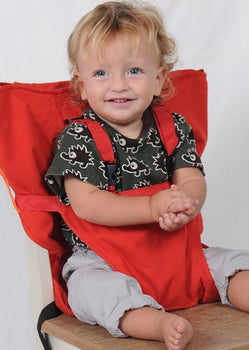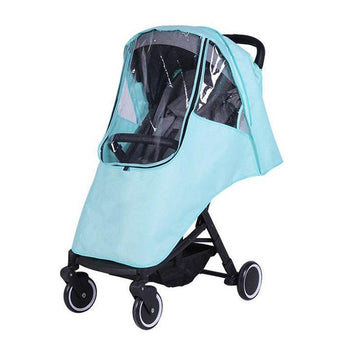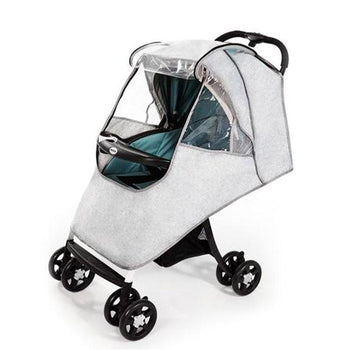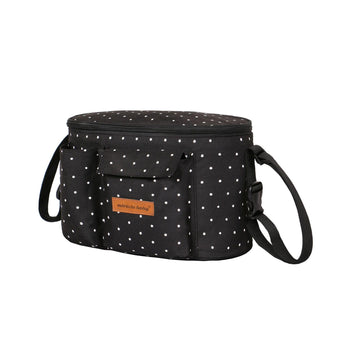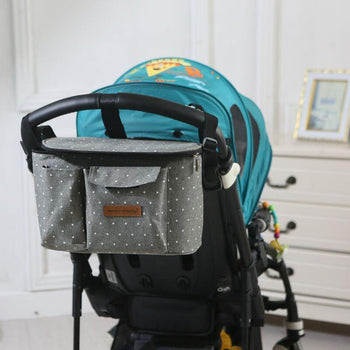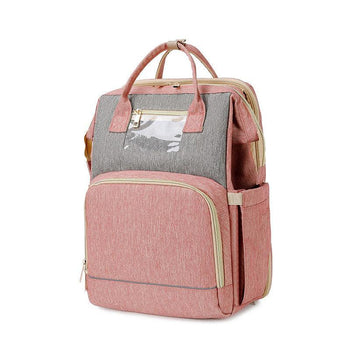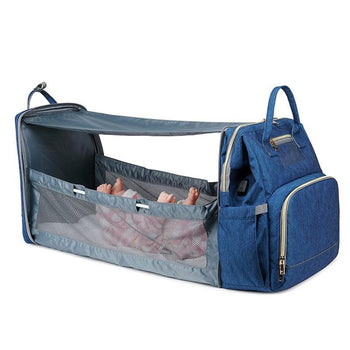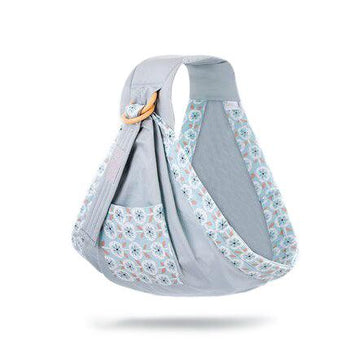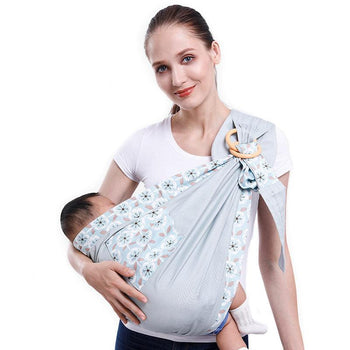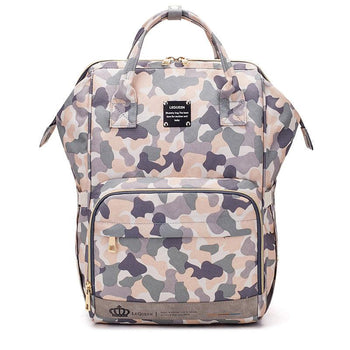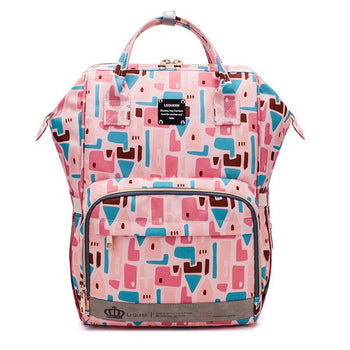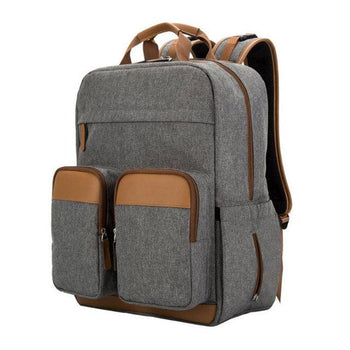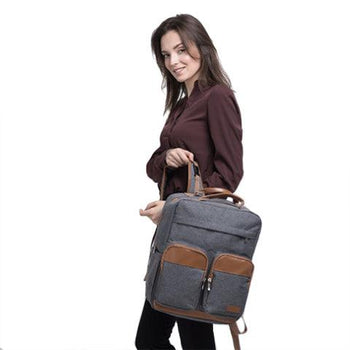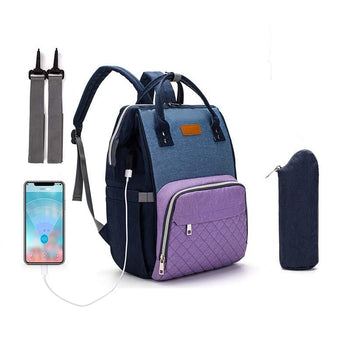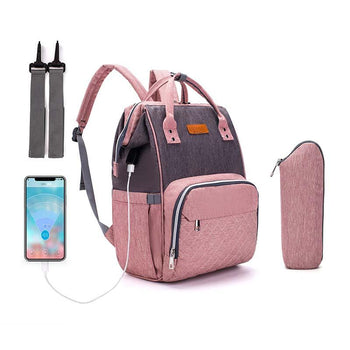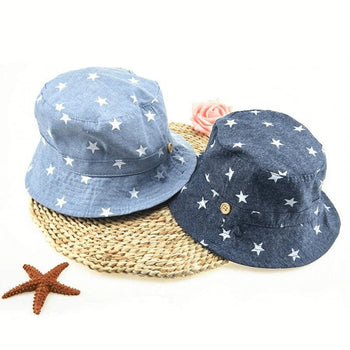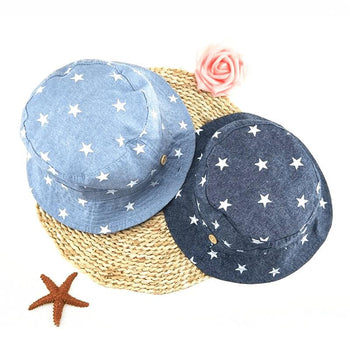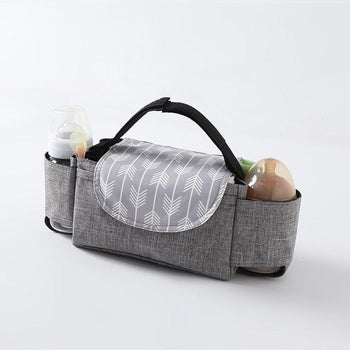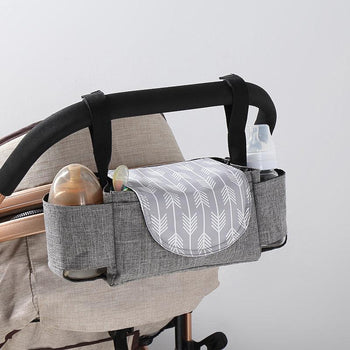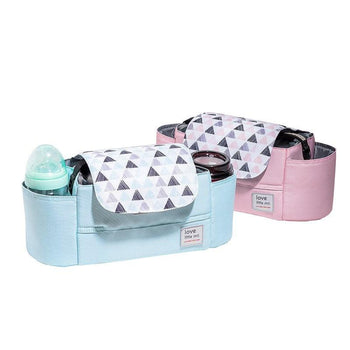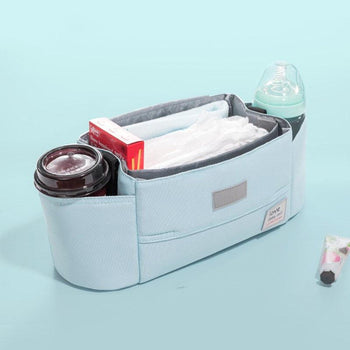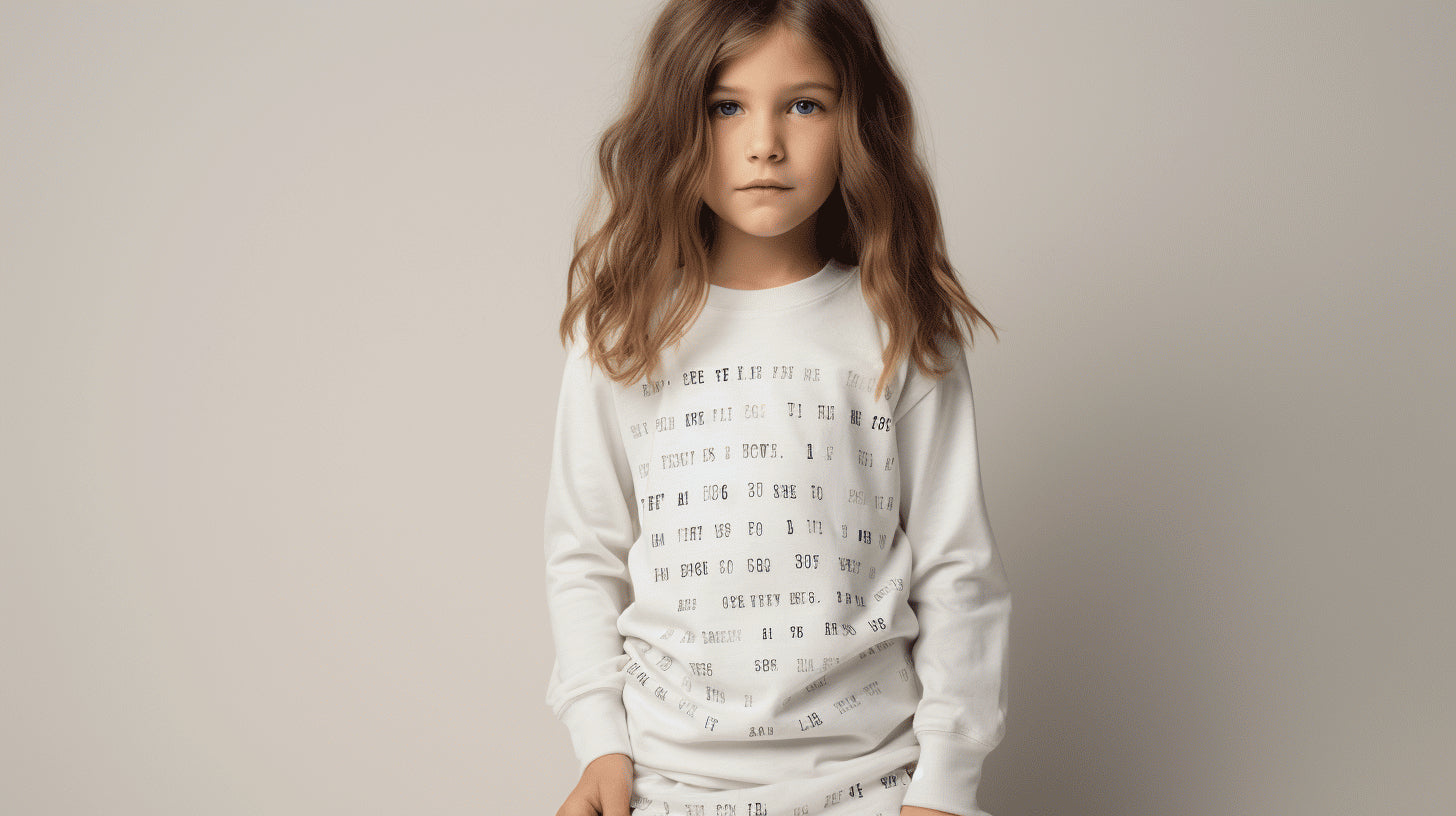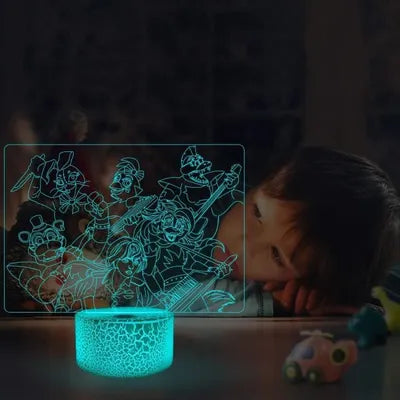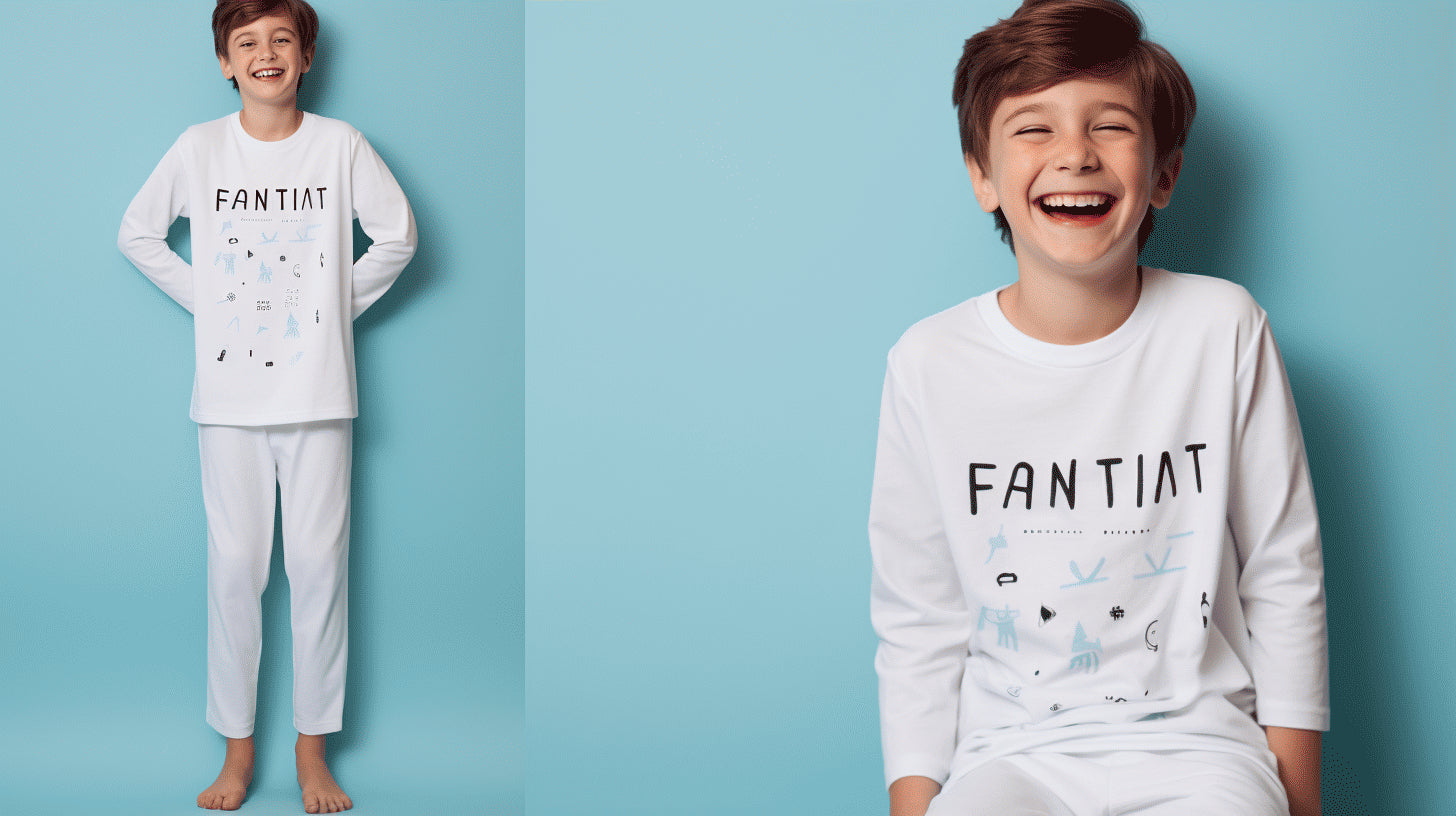You no longer want to bother with the stroller during your family outings. You prefer to take a baby carrier.
Yes but now, you realize that the choice is vast, and that there are different types of baby carrier.
A physiological or non-physiological baby carrier ? Baby wrap with or without a ring?
Which one to choose ?
There are so many different types of baby carriers on the market that it can be difficult to decide which one is best for you and your child.
In this article, we will discuss the different types of baby carriers that can be found, how to choose them according to baby's age and how to use them well to keep baby safe.
The different types of baby carriers
The physiological baby carrier
Physiological baby carriers are designed to mimic the natural positioning of the baby in the mother's womb. It allows baby to sit with knees bent and hips and back in a semi-sitting position, which is the ideal position for hip and spine development.
They are generally used for babies from 0 to 6 months , because it is at this stage that babies need more physical contact and to be carried constantly. However, some physiological baby carriers can be used up to 18 months or 2 years , depending on the model.
These carriers usually have one strap that goes between the wearer's legs and another that goes behind the back, so that the baby is held against the wearer's chest. This position provides more support for baby's head, neck and back than traditional carriers, making it a great choice for newborns and young babies.
The physiological baby carrier adapts perfectly to the body of the child, which makes it more comfortable for the parent to wear.
In addition, physiological baby carriers can help prevent hip dysplasia because they hold the baby's hips in a more natural position. It also allows for better blood circulation and easier digestion.
Finally, physiological baby carriers are often used by mums after childbirth, as they can help mother and baby bond while providing much-needed support.
The evolutionary ergonomic baby carrier
Scalable baby carriers are baby carriers that can be used at different stages of baby development . They offer support adapted to the changing needs of the baby, thus allowing prolonged use.
Some expandable carriers are designed to be used with babies from birth until they are around 3 years old.
Expandable baby carriers can be very convenient for parents with multiple small children because they don't have to buy multiple different carriers.
Some expandable carriers have adjustable harnesses to fit the size of the baby , making them more comfortable to wear. Convertible carriers are usually a little more expensive than other types of carriers, but they are worth the investment if you plan to use them for a long time.
The front and back baby carrier
The belly carrier is one of the most popular types of carriers . It is comfortable and safe for the baby, and allows it to rest against the chest of its parent.
The back carrier is also popular because it allows parents to be more comfortable and hands-free while carrying their baby.
They are also often lighter and more compact than front carriers, making them easier to carry on long walks or trips.
Whatever type of carrier you choose, make sure it is comfortable and secure for you and your baby.
The sling
A baby sling is a type of baby carrier that is worn around the body.
It is often made from a long strip of fabric, which can be wrapped around the body in different ways to create a comfortable and secure hold for the baby.
Baby slings are popular because they allow parents to keep their hands free while still being able to bond with their child.
They are also relatively easy to use and can be adjusted to fit different body sizes. Others are padded or have other features for added comfort.
Although slings are often used for young babies, they can be used for children up to about 2 years old .
When used correctly, the baby sling can be a convenient and comfortable way to carry your baby.
The hammock-style baby carrier
Several baby carriers exist for the hammock style:
Ring baby carriers
Ring carriers are perfect for parents who want a flexible and adaptable carrying solution.
The rings allow you to easily adjust the length and width of your carrier, which is ideal if you have a rapidly growing baby.
Finally, ring slings are generally less expensive than standard slings, making them a great option for parents on a budget.
Shoulder strap baby carriers
Sling carriers are a great way to carry your baby while keeping your hands free.
They are also very comfortable, which makes them perfect for long walks.
They are easy to use and can be adjusted to fit your body size.
They're also easy to put on and take off, making them perfect if you only want to carry baby for a few moments.
Belt baby carriers
Belt-carriers are baby carriers designed to allow parents to carry their babies easily and without difficulty . They are usually fitted with a belt that fastens around the waist of the wearer.
Baby carriers can be used to carry babies of all ages, but are especially popular with parents of young children.
Generally the belts are equipped with adjustable straps to ensure a comfortable and secure fit. Some models like ours also have storage pockets to carry essentials like diapers and wipes.
Belt-carriers allow babies to feel close and secure while being easily portable .
Additionally, baby carriers are often more comfortable than traditional baby carriers because they distribute the baby's weight evenly across the wearer's body.
Which baby carrier to choose?
When choosing a baby carrier, there are a few things to keep in mind.
- Think about how you will use the carrier. If you plan to take long walks in the forest or hikes, look for a baby carrier designed for these activities. Some carriers have padded back and shoulder pads, which can be really nice.
- Think about the comfort and safety of your baby. Choose a baby carrier that offers good support and a good position for your baby. Make sure the carrier is adjustable so you can find the perfect fit for your baby. Also consider the weight and height of your child. Some carriers are better suited for smaller babies, while others can accommodate larger children.
- Consider your own comfort. If the carrier is comfortable for you, you will have more fun using it.
- Consider the ease of use of the baby carrier. If you'll be using it often, look for a carrier that's easy to use every day.
- Consider your child's special needs. If he has a medical condition that requires extra support, look for a carrier that can.
By considering these factors, you should be able to find the perfect baby carrier for you and your family.
How to properly use a baby carrier and keep baby safe?
There are some things you should avoid doing with a baby carrier.
- Never put your baby in a carrier that is too loose or too tight.
- Never use a baby carrier without making sure all straps are secure.
- Never use a baby carrier without making sure your baby's airway is clear.
- Never leave your baby unattended in a baby carrier.
- Never use a baby carrier as a car seat.
- Never put your baby in a carrier unattended.
- Never use a baby carrier without carefully reading the instructions.
- By following these simple guidelines, you can ensure that your baby is safe when using a baby carrier.
Many baby carriers for different uses
Baby carriers can be a great way to keep your child close to you when you're on the go. They are also very beneficial for the development of the baby , as they allow him to observe the world around him and to interact with his parents.
In this article, we've covered the different types of baby carriers available, as well as how to choose the best one for your needs, and how to use it safely.
We hope this article helped you make your decision on which baby carrier to choose for you and your family.

